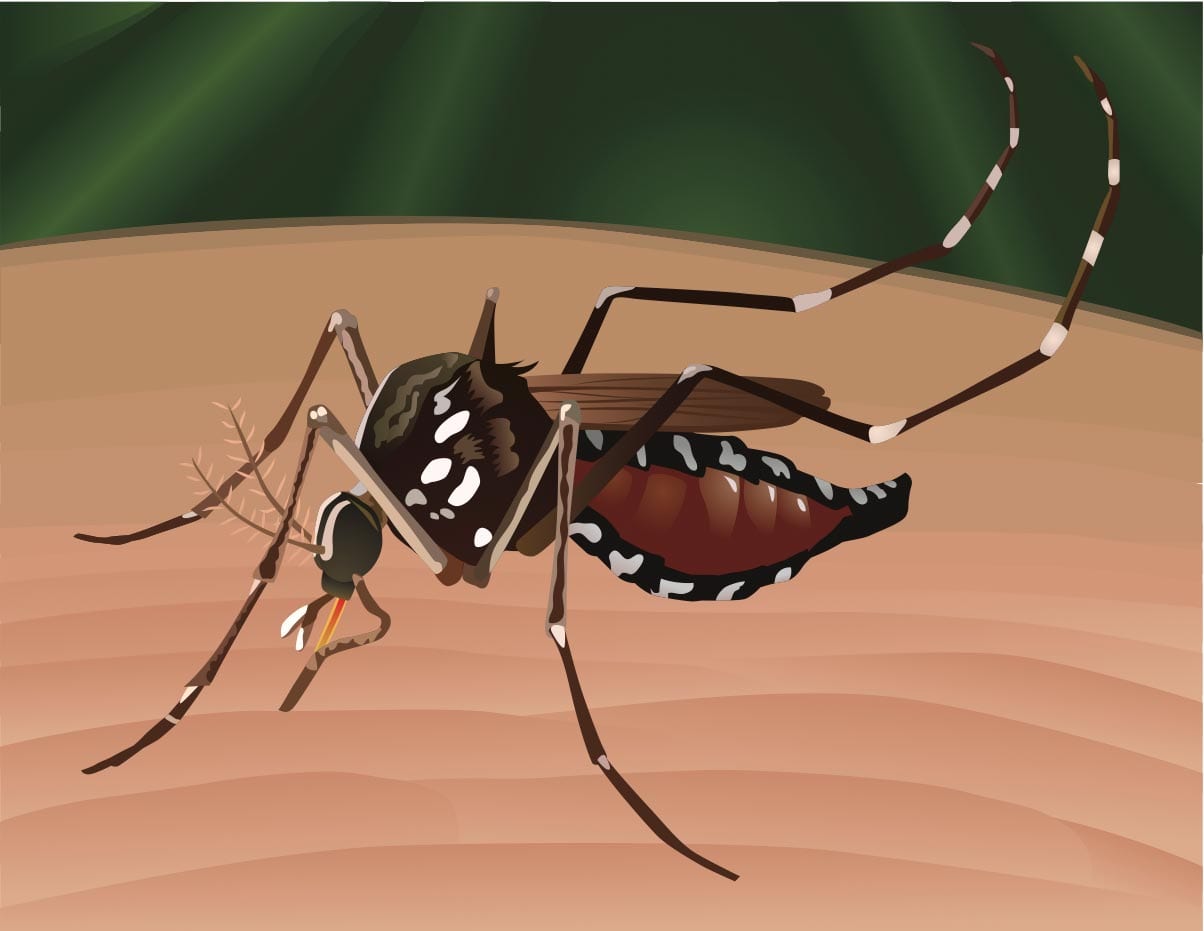

Time spent in the backyard on spring and summer afternoons and evenings contributes heavily to the popularity of these times of year. Many homeowners go to great lengths to make their outdoor living spaces as luxurious as possible, only to be bothered by uninvited and bothersome guests: mosquitoes.
Mosquitoes are not just pesky nuisances, but they’re also harmful. According to the American Mosquito Control Association, more than one million people across the globe die from mosquito-borne diseases every year. Such diseases include malaria, dengue, yellow fever, West Nile virus, and the Zika virus. Mosquitoes are even to blame for heartworm in dogs.
The AMCA notes that many of the diseases transmitted by mosquitoes can be linked to travel to endemic areas. But mosquitoes in North America can still be harmful, and bites may result in severe skin irritation through an allergic reaction to mosquito saliva.
Homeowners can employ several measures to prevent mosquitoes from invading their backyards this spring and summer.
- Remove standing water. Stagnant water is an ideal breeding ground for mosquitoes, so homeowners must be diligent in their efforts to remove standing water around their properties. Mosquitoes can breed in bird baths, pets’ water bowls and empty plant pots that collect rain water; they can lay hundreds of eggs even in a spoonful of water!
- Inspect property for hidden pockets of water. While bird baths, pet bowls and kiddie pools are easy to find, homeowners may be unknowingly hosting mosquito breeding grounds elsewhere on their properties. For example, tarps used to cover pools, automobiles or grills that are not tightly secured can fold up, creating pockets where rain water can collect and give mosquitoes somewhere to breed. Mosquitoes also may use gutters to breed, so homeowners should routinely inspect and clean their gutters during spring and summer.
- Keep a well-manicured lawn. Well-manicured lawns are less likely to be breeding grounds for mosquitoes. Because water plays such a crucial role in the mosquito breeding process, it’s necessary that all potential water sources in a yard be removed. Fallen leaves that are not removed and pockets of soil beneath trees and plants can collect rain water or water from lawn sprinklers, which can be just enough for mosquitoes to breed.
- Grow mosquito-repelling plants outdoors. Keep yourself, your family and pets safe naturally by planting specific plants and flowers that repel mosquitoes, as well as some other pests. Recommended plants include lavender, marigolds, catnip (also called catmint), rosemary, citronella grass (the Cybopogon nardus or Citronella winterianus variety), basil, and scented geraniums.
- Use fans. Consumer Reports tested the efficacy of oscillating pedestal fans to keep mosquitoes from invading decks and patios and found that such fans cut mosquito landings by 45 to 65 percent for those sitting closest to the fans. When hosting backyard barbecues, homeowners can set up several such fans on their decks and patios to keep mosquitoes at bay.
Mosquitoes are unwelcome guests come spring and summer. But homeowners can take steps to increase the likelihood that their properties stay mosquito-free.






